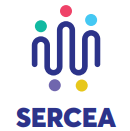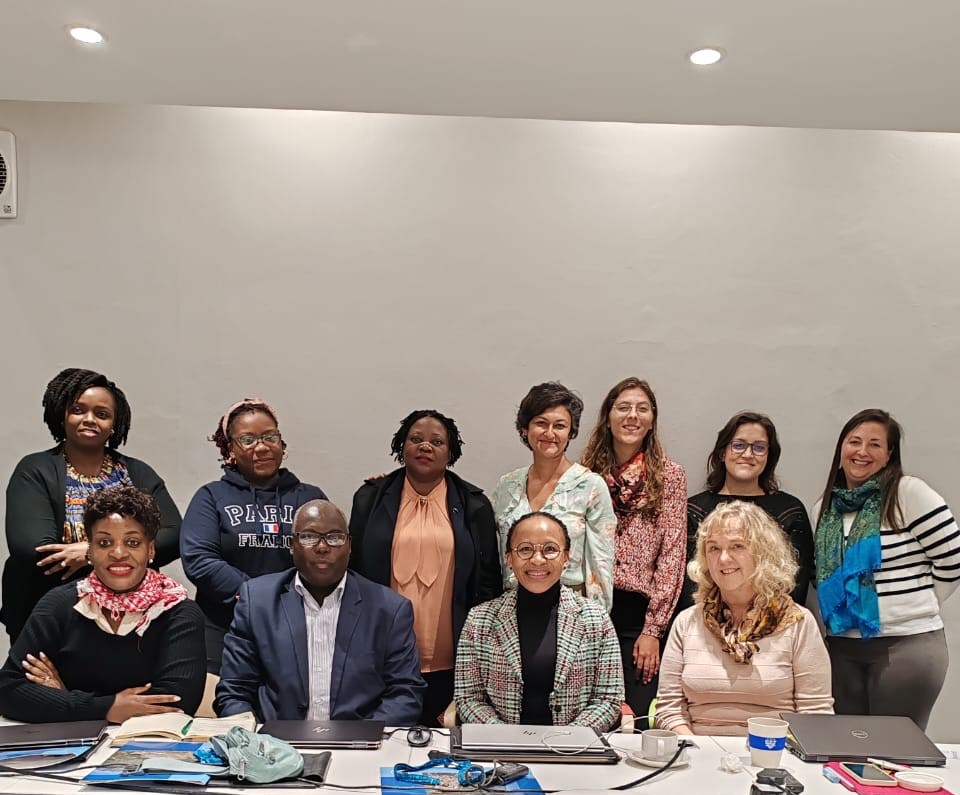The SERCEA Project team, led by Dr. Martin Ongol, the Executive Secretary of the Uganda National Council for Science and Technology (UNCST), recently embarked on an insightful learning visit to the University of Cape Town’s Office of Research Integrity (ORI). This visit aimed to gather essential recommendations for developing and implementing a robust research integrity framework in Uganda. The delegation was graciously hosted by Dr. Lynn Horn, the Director of UCT’s ORI, and Ms. Paula Saner, the ORI Manager.
The SERCEA Project team is composed of distinguished professionals dedicated to fostering research integrity in Uganda. Leading the team is the Overall Coordinator, Dr. Gowri Gopalakrishna, a visionary in advancing research standards. She is supported by Ms. Hellen Opolot, the project’s Scientific Lead, who brings a wealth of knowledge and expertise in scientific research. The team also includes three diligent project administrators, Ms. Beth Mutumba and Ms. Irene Seryazi of UNCST and Ms. Tiwo Kumwenda from Kamuzu University of Health Sciences who ensure the seamless execution of project activities.
The primary objective of the learning visit was to observe and learn from the University of Cape Town’s well-established practices in research integrity. With a strong reputation for maintaining high ethical standards in research, UCT’s ORI serves as a model for institutions aiming to bolster their research integrity frameworks. The visit provided the SERCEA Project team with invaluable insights into the practical aspects of developing and implementing such frameworks, tailored to the Ugandan context.
During the visit, the SERCEA Project team engaged in comprehensive discussions and activities aimed at understanding the intricacies of UCT’s research integrity practices. Dr. Lynn Horn and Ms. Paula Saner provided an in-depth overview of UCT’s research integrity policies, procedures, and the overall structure of the ORI. The team explored various aspects of research integrity, including:
- Policy Development and Implementation: The SERCEA team learned about UCT’s approach to crafting and enforcing research integrity policies. This included understanding the processes involved in developing guidelines that ensure compliance with ethical standards.
- Training and Capacity Building: Emphasis was placed on the importance of continuous training for researchers and staff. The UCT ORI’s training programs serve as a critical component in promoting a culture of integrity and ethical research practices.
- Handling Misconduct: The team gained insights into UCT’s mechanisms for addressing research misconduct. This included the procedures for reporting, investigating, and resolving allegations of misconduct, ensuring accountability and transparency.
- Promoting a Culture of Integrity: Discussions highlighted the strategies employed by UCT to foster a culture that prioritizes integrity. This involves not only punitive measures but also proactive initiatives to encourage ethical behavior among researchers.
Recommendations for Uganda
Drawing from the UCT experience, the SERCEA Project team identified several key recommendations to enhance research integrity in Uganda which include but are not limited to the following;
- Developing Comprehensive Policies: Establish clear, comprehensive policies that outline ethical standards and procedures for all research activities.
- Implementing Regular Training Programs: Introduce regular training sessions for researchers and administrative staff to reinforce the importance of research integrity and ethical practices.
- Establishing Clear Reporting Mechanisms: Create accessible and transparent mechanisms for reporting and addressing research misconduct, ensuring a fair and just process.
- Fostering a Culture of Integrity: Promote a culture of integrity through awareness campaigns, workshops, and continuous dialogue on ethical research practices.
The learning visit to the University of Cape Town has provided the SERCEA Project team with a wealth of knowledge and practical strategies to enhance research integrity in Uganda. The insights gained will be instrumental in establishing a robust framework that upholds the highest ethical standards in research, contributing to the overall advancement of science and technology in Uganda.

